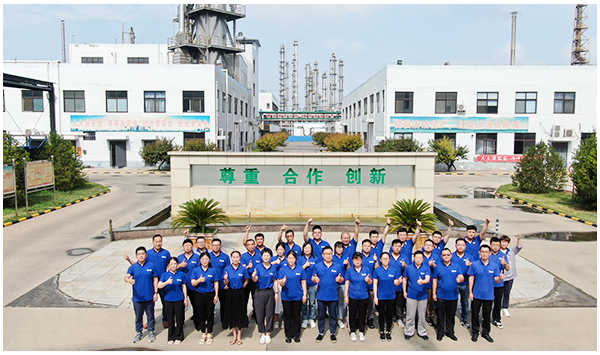
News
ਦਸੰ. . 24, 2024 08:22 Back to list
micronutrient fertilizer for corn
The Importance of Micronutrient Fertilizers for Corn Production
Corn (Zea mays), a staple in global agriculture, serves as a significant source of food, feed, and biofuel. As the demand for corn continues to rise, optimizing its production is crucial. While macronutrients like nitrogen (N), phosphorus (P), and potassium (K) are essential for growth, the role of micronutrients should not be underestimated. Micronutrient fertilizers provide these essential elements, ensuring that corn plants remain healthy and productive.
Micronutrients include a range of elements such as zinc (Zn), iron (Fe), manganese (Mn), copper (Cu), boron (B), molybdenum (Mo), and chloride (Cl). Although required in smaller quantities compared to macronutrients, these trace elements play critical roles in various physiological and biochemical processes within the corn plant. Deficiencies in micronutrients can lead to stunted growth, poor yields, and increased susceptibility to diseases.
Zinc Zinc is vital for corn production, as it promotes root development and enhances the plant's ability to synthesize auxins, which regulate growth. Research indicates that zinc deficiencies can severely impact corn yields, particularly in soils with high pH levels. The application of zinc fertilizers can help address these deficiencies, leading to improved growth and higher grain yields.
Iron Iron is necessary for chlorophyll synthesis and overall photosynthesis. It plays a crucial role in energy production within the plant. Deficiencies in iron can lead to chlorosis, characterized by yellowing leaves, which can impede photosynthesis and reduce yield potential. Applying iron fertilizers in chelated forms can enhance nutrient availability, especially in calcareous soils where iron bioavailability is limited.
Manganese Manganese is involved in several enzymatic processes, including nitrogen metabolism and the detoxification of reactive oxygen species. It also contributes to chlorophyll production and photosynthesis. Deficiency in manganese can result in interveinal chlorosis and reduced corn stamina to environmental stressors. Strategically applying manganese fertilizers can help fulfill the plant's needs during critical growth stages.
micronutrient fertilizer for corn

Copper Copper is integral for several enzymatic reactions, contributing to various physiological functions, including photosynthesis and respiration. While the copper requirement for corn is relatively low, its deficiency can limit root development and overall plant vigor. Regular monitoring and appropriate copper applications can mitigate potential deficiencies, ensuring optimal crop growth and yield.
Boron Boron plays a key role in cell wall formation and reproductive development. Its deficiency can lead to poor kernel set and reduced seed viability. Applying boron fertilizers, especially during flowering, can enhance pollination success and improve final yield.
Molybdenum and Chloride Although needed in trace amounts, molybdenum is essential for nitrogen fixation in legumes, while chloride aids in osmoregulation and enhances plant stress tolerance. Ensuring an adequate supply of these elements through micronutrient fertilizers contributes to the resilience and productivity of corn crops.
Conclusion The application of micronutrient fertilizers is essential for maximizing corn production. Soil testing prior to planting can help farmers identify any micronutrient deficiencies and apply the necessary fertilizers accordingly. Adopting a balanced fertilization approach that includes both macronutrients and micronutrients can significantly boost corn yield, improve plant vigor, and safeguard against diseases.
In the competitive landscape of global agriculture, investing in micronutrient management is no longer optional but a necessity. By ensuring that corn plants receive all the nutrients they need, farmers can not only enhance their yields but also contribute to food security and sustainable agricultural practices. As the industry continues to evolve, understanding the crucial role of micronutrient fertilizers will be vital for future corn production strategies.
-
OEM Chelating Agent Preservative Supplier & Manufacturer High-Quality Customized Solutions
NewsJul.08,2025
-
OEM Potassium Chelating Agent Manufacturer - Custom Potassium Oxalate & Citrate Solutions
NewsJul.08,2025
-
OEM Pentasodium DTPA Chelating Agent Supplier & Manufacturer High Purity & Cost-Effective Solutions
NewsJul.08,2025
-
High-Efficiency Chelated Trace Elements Fertilizer Bulk Supplier & Manufacturer Quotes
NewsJul.07,2025
-
High Quality K Formation for a Chelating Agent – Reliable Manufacturer & Supplier
NewsJul.07,2025
-
Best Chelated Iron Supplement for Plants Reliable Chelated Iron Fertilizer Supplier & Price
NewsJul.06,2025
